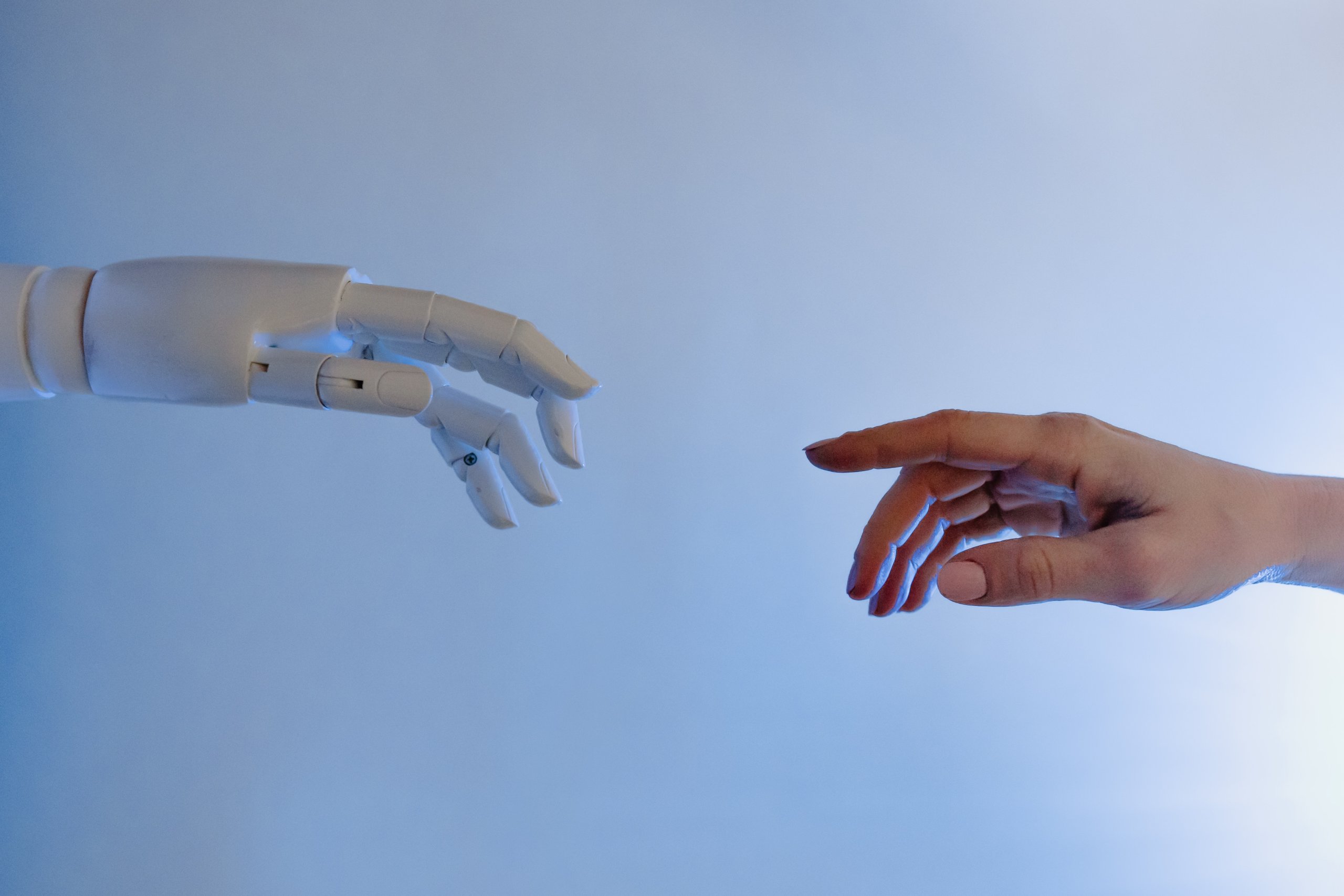A Day in the Life of an AI-Fueled Future Society
April 5, 2018 - 7 minutes read
Are we really ready for our inevitable future with artificial intelligence (AI)? It’s hard to say, mostly because nobody really knows what our society will actually look like with AI integrated into its every fiber.
In a recent post for Smithsonian, journalist and author Stephan Talty dives into a few unique scenarios we could encounter in a future filled with AI. These aren’t the typical situations that most people think about when confronted with a future with AI, but they’re important ones we should all examine.
Expanding Humanity’s Horizons
Billions are being poured into AI development every day. And the results have been astonishing. AI is transforming how traders view the stock market, how doctors diagnose diseases, and they’re even handling customer service with bots. Each of these AIs, known as “narrow” AIs, are refined to become experts in a specialized task.
But the real goal is to create an artificial general intelligence, an AI that can continually teach itself to master many tasks. Researchers believe this achievement will catalyze an event known as the singularity: AI will become equal to human intelligence, then eclipse it.

While many people associate this with a pessimistic future in which AI takes all of our jobs and becomes our overlord, this could actually result in a new era where humans are free from their usual burdens. In one possible scenario, universal basic income, supplied by taxing AI, could allow people to pursue their dreams without worrying about earning a living.
But what happens if AI wants the same rights as humans?
Is AI Alive?
Talty envisions that a Supreme Court case will arise over the question of if AI deserves the same rights as American humans. And it would be none other than an AI bringing the motion. This isn’t that preposterous of a situation. After all, if a self-teaching AI sees the way humans are spending resources and disagrees with it, perhaps the AI would also see a need to “optimize” this.
Perhaps the AI thinks the fruits of its labor should be spent towards furthering an expedition into space instead of new parks and recreation areas. Obviously, humans wouldn’t see these resources (which could include the AI tax to fuel universal basic income) as being squandered. In fact, many are livid over the possibility that their monthly money deposit may end due to some robot.
So essentially, we have to answer if super-intelligent AI counts as conscious in order to address this resource allocation conundrum. Of course, we can argue that AI is a tool meant to serve human needs; our needs give it purpose. But it could be difficult to justify this logic if AI becomes exponentially smarter than us.
A New Lease on Life
Whether AI will win the right to be viewed as alive remains to be seen. But regardless of this, Talty also posits that AI will radically alter our own lives in terms of health. The Internet of Things, wearables, and nanotechnology will converge to form a vigilant medical ecosystem.
Composed of sensors monitoring your vitals and immune system, nanobots cleaning out impurities like plaque and cancer cells, and an interconnected cloud to analyze all data, this ecosystem could extend our lives far beyond the current limits. And AI would be at the center of it all, acting as the controller and brain of the system, ensuring that your health is stellar.
If you thought you’d have too much time and freedom if AI took over jobs, just wait until you learn it’s now making it possible for you to live until 150! How humans live and perceive time would irrevocably change. A chapter in a life this long could resemble the entire adulthood of an average human today. People would pursue many passions; by the time someone’s 140, it wouldn’t be unusual for them to have lived out a few different vocations or careers.

The practice of medicine today would be archaic in comparison. AI would regularly carry out genome editing and modification to ensure that humans do not have any genetic problems. When you do fall ill, AI will help the doctor compare your data to millions of cases over the past hundreds of years. Within minutes, you’ll have a treatment plan. Many diseases that plague us today will be confined to history pages.
In AI We Trust
If you think it’s scary that we could be trusting AI with our health, that’s understandable. But maybe you’ll be more accepting of letting AI run the government? Talty doesn’t think this is such a farfetched possibility. In fact, he thinks that AI-assisted governments could thrive.
Imagine if AI voted for you. By analyzing your data and comparing it with the candidates, the AI could deduce the most logical choice for you. Talty believes this could help to drastically reduce political corruption. But it wouldn’t stop there. With the ability to process mountains of information quickly, AI could give leaders unparalleled insight on economic policies, treaties, and other large decisions.
In just a few decades, AI will evolve from its current home in tech hubs like San Francisco to a more encapsulating role in all of our lives. Most discussions online these days focus on the bottom lines of businesses or AI’s impact on the workforce, but it’s also important to consider the unprecedented effect it will have on other facets of society.
But regardless of which aspect, it always boils back down to one question: What are you willing to trust AI with?
Tags: AI, AI App Developer, AI App Development, AI applications, AI apps, AI developers, mobile app developer San Francisco, mobile app development San Francisco, san francisco AI app developer, San Francisco app developers, san francisco mobile developer, San Francisco tech








